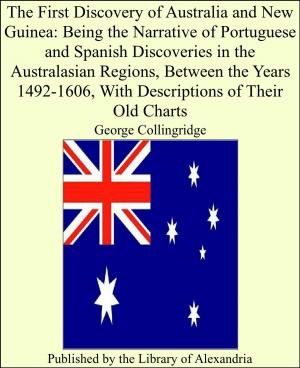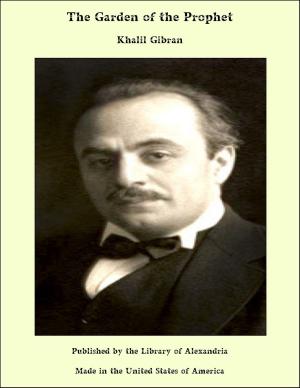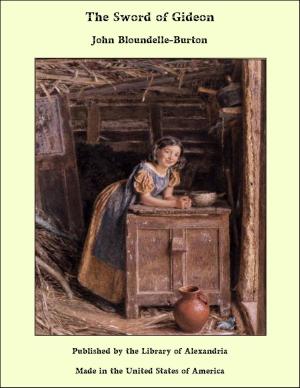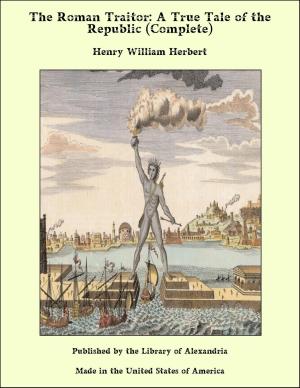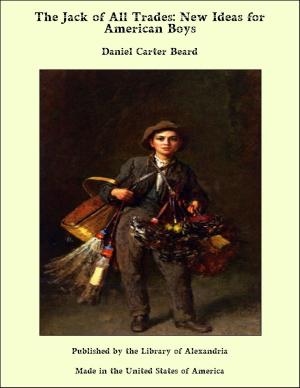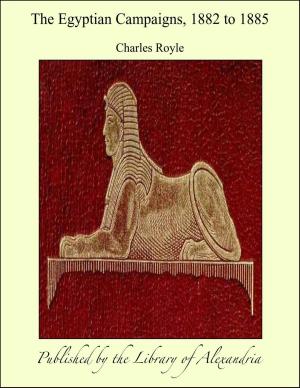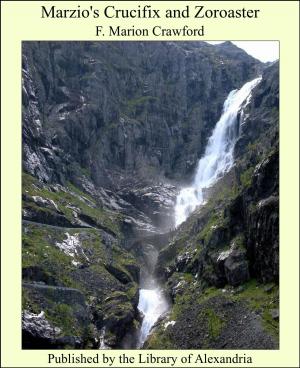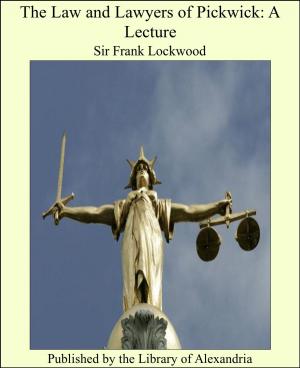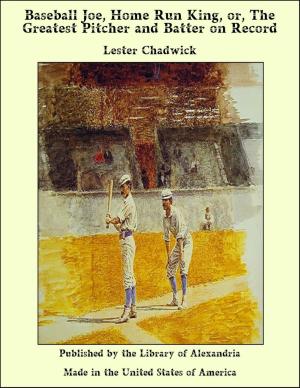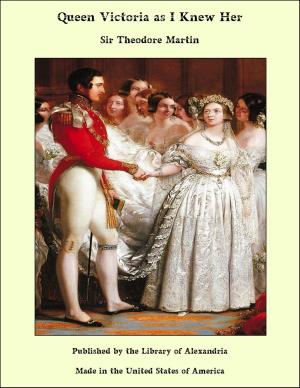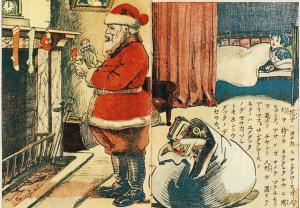A History of the British Army (Complete)
Nonfiction, Religion & Spirituality, New Age, History, Fiction & Literature| Author: | Sir John William Fortescue | ISBN: | 9781465618641 |
| Publisher: | Library of Alexandria | Publication: | March 8, 2015 |
| Imprint: | Language: | English |
| Author: | Sir John William Fortescue |
| ISBN: | 9781465618641 |
| Publisher: | Library of Alexandria |
| Publication: | March 8, 2015 |
| Imprint: | |
| Language: | English |
The history of the British Army is commonly supposed to begin with the year 1661, and from the day, the 14th of February, whereon King Charles the Second took over Monk's Regiment of Foot from the Commonwealth's service to his own, and named it the Coldstream Guards. The assumption is unfortunately more convenient than accurate. The British standing army dates not from 1661 but from 1645, not from Monk's regiment but from the famous New Model, which was established by Act of the Long Parliament and maintained, in substance, until the Restoration. The continuity of the Coldstream regiment's existence was practically unbroken by the ceremony of Saint Valentine's day, and this famous corps therefore forms the link that binds the New Model to the Army of Queen Victoria. But we are not therefore justified in opening the history of the army with the birth of the New Model. The very name indicates the existence of an earlier model, and throws us back to the outbreak of the Civil War. There then confronts us the difficulty of conceiving how an organised body of trained fighting men could have been formed without the superintendence of experienced officers. We are forced to ask whence came those officers, and where did they learn their profession. The answer leads us to the Thirty Years' War and the long struggle for Dutch Independence, to the English and Scots, numbered by tens, nay, hundreds of thousands, who fought under Gustavus Adolphus and Maurice of Nassau. Two noble regiments still abide with us as representatives of these two schools, a standing record of our army's 'prentice years.
The history of the British Army is commonly supposed to begin with the year 1661, and from the day, the 14th of February, whereon King Charles the Second took over Monk's Regiment of Foot from the Commonwealth's service to his own, and named it the Coldstream Guards. The assumption is unfortunately more convenient than accurate. The British standing army dates not from 1661 but from 1645, not from Monk's regiment but from the famous New Model, which was established by Act of the Long Parliament and maintained, in substance, until the Restoration. The continuity of the Coldstream regiment's existence was practically unbroken by the ceremony of Saint Valentine's day, and this famous corps therefore forms the link that binds the New Model to the Army of Queen Victoria. But we are not therefore justified in opening the history of the army with the birth of the New Model. The very name indicates the existence of an earlier model, and throws us back to the outbreak of the Civil War. There then confronts us the difficulty of conceiving how an organised body of trained fighting men could have been formed without the superintendence of experienced officers. We are forced to ask whence came those officers, and where did they learn their profession. The answer leads us to the Thirty Years' War and the long struggle for Dutch Independence, to the English and Scots, numbered by tens, nay, hundreds of thousands, who fought under Gustavus Adolphus and Maurice of Nassau. Two noble regiments still abide with us as representatives of these two schools, a standing record of our army's 'prentice years.

